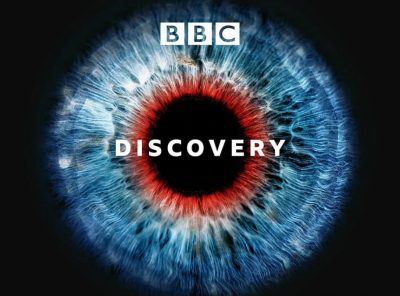What is that suspicious smell is it you?
This week on Discovery, What is that suspicious smell and why are some smells so nasty and others so pleasant?
Listen to this programme NOW on Demand on the BBC Discovery Page which is available until Tuesday the 1st of November. It will also be broadcast on Sunday the 30th of October in Phuket at 8:30 AM on 91.5 FM and 102.5 FM and Online via the Internet radio portals.
Rutherford and Fry inhale the science of scent in this suspicious smell stinker of an episode. Our sleuths kick off with a guided tour of the airborne molecules and chemical receptors that power the sense of smell.
Mini-flasks and a suspicious smell
Armed with a stack of pungent mini-flasks, professor Matthew Cobb from the University of Manchester shows Hannah and Adam just how sensitive olfaction can be, and how our experience of some odours depends on our individual genetic makeup.
Dr Ann-Sophie Barwich from Indiana University reveals how most everyday smells are complex combinations of hundreds of odorants, and how the poo-scented molecule of indole turns up in some extremely surprising places. With the help of a flavoured jellybean and some nose clips, Hannah experiences how smell is crucial to flavour, adding complexity and detail to the crude dimensions of taste.
A little more from Dr Ann-Sophie Barwich’s first book Smellosophy: What the Nose tells the Mind highlights the importance of thinking about the sense of smell as a model for neuroscience and the senses (Harvard University Press, 2020).
Her research in the Philosophy of Olfaction investigates:
- How does the brain make sense of scents?
- What are the perceptual dimensions of smell?
- What are the epistemic, empirical, and social factors that define ongoing science (in comparison with the philosophical study of historical episodes)?
Speaking of food
Listener Brychan Davies is curious about garlic and asparagus: why do they make us whiff?
Professor Barry Smith from the Centre for the Study of the Senses reveals it’s down to sulphur-containing compounds and tells the story of how a cunning scientist managed to figure out the puzzle of asparagus-scented urine.
Finally, another listener Lorena Busto Hurtado wants to know whether a person’s natural odour influences how much we like them. Barry Smith says yes – we may sniff each other out a bit like dogs – and cognitive neuroscientist Dr Rachel Herz points to evidence that bodily bouquets can even influence sexual attraction!






